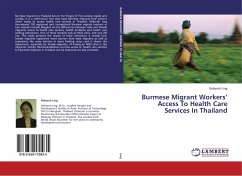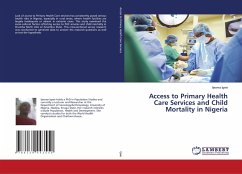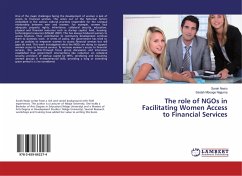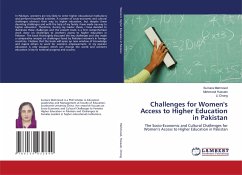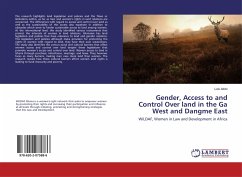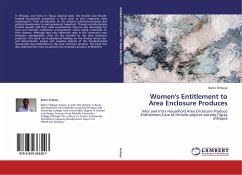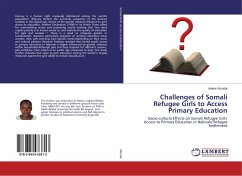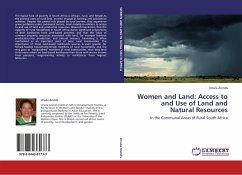Burmese migrants in Thailand live on the fringes of Thai society, legally and socially. It is a well-known fact that most Burmese migrants face barriers when trying to access health care services in Thailand. Deborah Ling interviewed 150 registered and unregistered Burmese migrant workers at two markets outside Bangkok on the differences between male and female migrants' access to health care services, health problems and health care seeking behaviours. One of these markets had an NGO clinic, and one did not. This study presents the results of these interviews; it reveals how female migrants experience more barriers than male migrants as well as experience the same barriers in more limiting ways, and it shows the importance, especially for female migrants, of having an NGO clinic in the migrants vicinity. Recommendations on how access to health care services for Burmese migrants in Thailand can be improved are also provided.
Bitte wählen Sie Ihr Anliegen aus.
Rechnungen
Retourenschein anfordern
Bestellstatus
Storno

